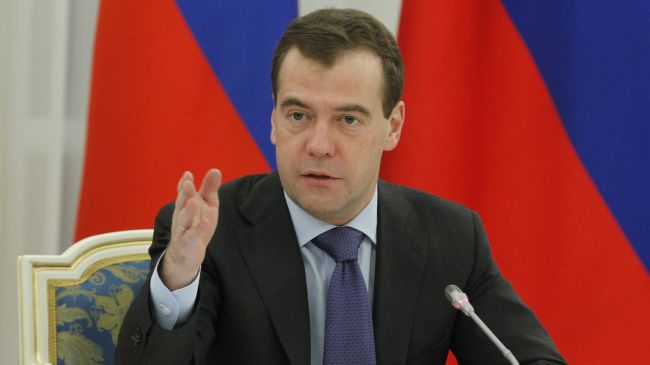



What has happened
to the Mexican peso
in 2014
1/08/14.- In the last 7
days, the U.S. Dollar has
increased its value versus
the Mexican peso in the
amount of 29 Mexican
cents, and this movement
was due to the
uncertainty regarding
what the Federal Reserve
Bank will do regarding its
Quantitative Easing
program.
As the market increases
its expectations regarding
an interest hike, most
currencies have
devaluated in front of the
US Dollar, ant the
Mexican peso is no
exception.
It is important to mention
that although the parity
closed on July 31st at
$13.239 pesos per dollar,
this is still way below the
lowest value the peso has
seen this year at
$13.5110 pesos per dollar
registered in February
3rd.
... Leer más
|
A global framework
for volatile flows
There is an ongoing lively
debate on capital flows,
given the unconventional
monetary policies set in
place in many AEs.
The IMF has published
two working papers:
Ostry et al. (2010) and
IMF (2012). In a nutshell,
they see capital controls
strictly as a
complementary policy
tool.
Broadly speaking, they
recommend that if
authorities detect
macroeconomic risks
accumulating, they
should respond as follows:
a. Allow for the ER to
appreciate.
b. Accumulate reserves.
c. Intervene in the ER
market.
d. Relax monetary and
tighten fiscal policies.
e. If all these are
exhausted, only then use
|




